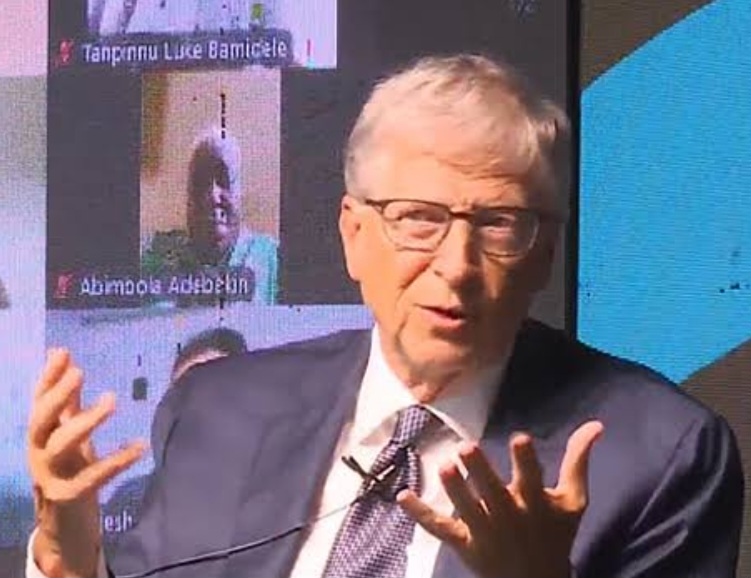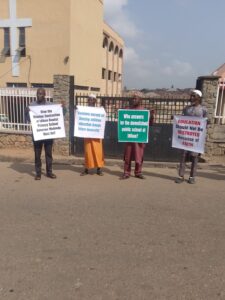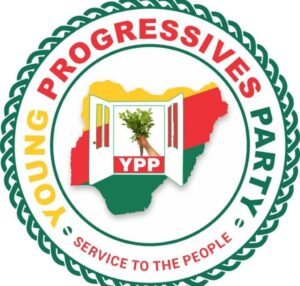Bill Gates, the co-chair of the Bill and Melinda Gates Foundation, has raised concerns about Nigeria’s low tax collection and its impact on critical sectors like healthcare and education. During a Pan-African youth dialogue on nutrition held in Abuja on Tuesday, September 3, Gates emphasized that inadequate tax revenue is a significant barrier to properly financing essential public services in Nigeria.
Gates began by acknowledging the importance of government funding in providing quality services, particularly in health and education. He pointed out that Nigeria’s current tax collection rates are insufficient to meet the demands of these crucial sectors. According to him, without adequate tax revenue, the government struggles to invest in the necessary infrastructure and programs needed to improve the quality of life for its citizens.
He stated, “The actual tax collection in Nigeria is pretty low. Over time, there are plans for Nigeria to fund the government more than it does today. But to achieve this, the country must first build confidence in its ability to deliver quality services, particularly in healthcare and education.”
Gates highlighted the importance of effective management of health programs as a key factor in gaining the trust of the Nigerian people. He noted that when citizens see that their taxes are being used efficiently to fund well-run programs, they are more likely to support higher tax rates.
“Our foundation is involved with many examples that show how to ensure money is spent well, particularly in primary healthcare. It’s crucial to have a system where healthcare centres are neither underloaded nor overloaded, and where employees are motivated and performing well. This credibility is essential for making primary healthcare a funding priority as Nigeria gains more financial flexibility,” Gates explained.
The conversation around tax reform in Nigeria has gained momentum, particularly with the recent proposal by Taiwo Oyedele, Chairman of the Presidential Fiscal Policy and Tax Reforms Committee. Oyedele announced that his committee is proposing a new law to increase the value-added tax (VAT) rate from the current 7.5% to 10%. This proposal is part of a broader effort to enhance revenue generation and ensure that the government can better fund critical sectors.
Gates’ remarks underline the urgent need for Nigeria to improve its tax collection mechanisms. Without sufficient tax revenue, the country may continue to struggle with underfunded and inefficient public services, which in turn affects the overall development and well-being of its population. As Nigeria explores ways to increase its tax base, building public trust through transparent and efficient use of funds will be crucial in ensuring long-term success.







